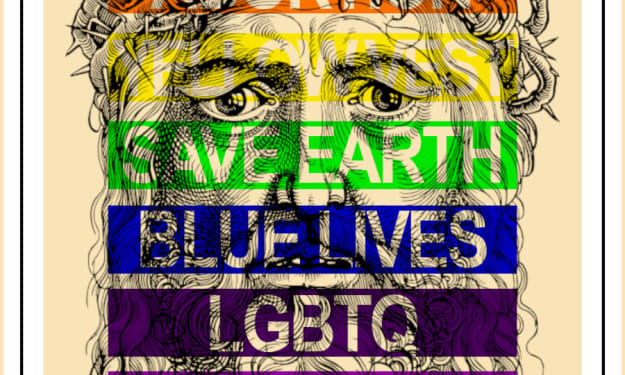
Marriage rates in the United States have declined for several decades, with data from the U.S. Census showing that nearly 70 percent of men and women were married in the 1950s, compared to about 50 percent in 2018. Furthermore, there has been a nearly 10 percent increase in men and women who report never being married during this same time frame.
There are many potential reasons for this demographic shift, such as delayed marriage, more long-term non-marital cohabitation, and perhaps less cultural emphasis on marriage. However, new research has identified another possible reason for this decline: a fundamental mismatch between what men in the United States have to offer and what women in the United States are willing to accept.
The research conducted by Lichter, Price, and Swigert took an economical approach, arguing that perhaps women are not getting married because the highly desirable men are already taken. Focusing on single heterosexual women, the researchers used data from the American Community Survey (2008-2012; 2013-2017) to predict the likely characteristics of these women's potential husbands and then compared those characteristics to what is available in the dating pool.
The researchers generated "synthetic spouses" for the single women in their sample by matching them with demographically similar women who happened to be married. The "synthetic spouses" were designed to reflect the characteristics of the husbands of similar-married women.
The researchers then compared the "synthetic spouses" with the natural and available men in the United States, and the results were striking. However, the available men fell short, with the "synthetic spouses" being 26 percent more likely to hold a job, more highly educated, and having nearly a 55 percent higher income than the available men in the U.S.
This lack of economically desirable men in the dating pool could majorly contribute to declining marriage rates. If the pool of marriageable men falls short of what women want, women might rather be single than settle.
The study also found that older women have an even smaller dating pool of economically desirable men than younger women, and well-educated women face more of a shortage of economically desirable men than lesser-educated women. Furthermore, minority women, particularly Black women, have a heightened unlikelihood of finding an economically desirable partner.
It is important to note that this study offers a pattern and a potential explanation, but it does not show a clear cause-and-effect relationship in their modeling. Additionally, while people tend to partner with similar others, we do not know the full extent to which the economic potential of men contributes to real-life dating decisions relative to other essential factors such as likability, kindness, and good humor.
These findings become particularly intriguing in a changing landscape where women are accessing education and delaying marriage more than ever. Yet, the question remains, will mismatches between the preferences of unmarried women and what unmarried men have to offer persist, or will there be cultural changes that would create a more balanced marriage market? Additionally, perhaps marriage is not as culturally important as it once was.
In conclusion, while there may be many reasons for the decline in marriage rates in the United States, new research suggests that a mismatch between what available men have to offer and what available women are willing to accept may be a significant contributor. This mismatch, particularly in economic desirability, could lead to women remaining single rather than settling for less.
As the cultural landscape continues to change, it will be necessary to explore these trends and their potential causes further in order to understand better the current state of marriage in the United States.
***
The statistics above were taken from Do women face a shortage of men worth marrying? Psychology Today. Sussex Publishers. Available at: https://www.psychologytoday.com/us/blog/meet-catch-and-keep/201909/do-women-face-a-shortage-of-men-worth-marrying
About the Creator
Edy Zoo
Edy Zoo is an author who writes about social subjects. He contributes to the ever-growing library of social critics.






Comments
There are no comments for this story
Be the first to respond and start the conversation.